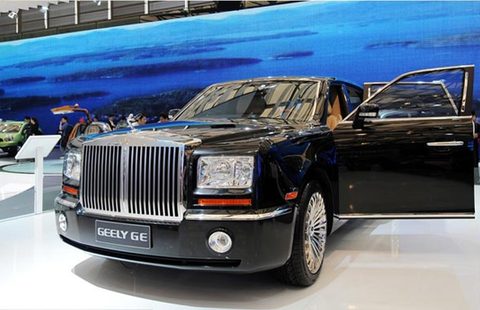China banks see record forex outflow in March
(Xinhua) Updated: 2015-04-24 09:46BEIJING - Chinese banks sold more foreign currency than they bought in March, setting a record deficit since records began in 2010.
Chinese banks bought 808.3 billion yuan ($131.4 billion) in foreign currencies and sold 1.21 trillion yuan, leading to a deficit worth 406.2 billion yuan or $66 billion, according to the State Administration of Foreign Exchange (SAFE) on Thursday.
This is the eighth successive month of deficit.
Of the total, banks bought 768.8 billion yuan and sold 1.12 trillion yuan in foreign currencies for clients, resulting in 356.2 billion yuan of deficit in March.
The banks themselves bought 39.5 billion yuan in foreign currencies and sold 89.4 billion yuan in foreign currencies, resulting in 49.9 billion yuan of deficit in March.
Guan Tao, head of the international payments department at the SAFE, said it's true there are capital outflows in China, but they are expected adjustments, not covert or illegal capital flights.
The banks' deficit in foreign exchange settlement was $8.2 billion in January, $17.2 billion in February and $66 billion in March, resulting in $91.4 billion of deficit in the first quarter, up 97 percent from the fourth quarter last year.
"Such adjustments can be explained and should not be hyped," Guan said.
It is a common practice for banks to sell foreign currencies to firms or individuals and buy foreign currencies from them. Known as the bank exchange, it can be used to measure the supply-demand relationship in the interbank forex market and impact the yuan's exchange rate.
- Chinese brands step upmarket at Shanghai Auto Show
- 'Out' with the first-class, 'in' with the premium economy
- StanChart on path to profits in Northeast
- Flying high amid turbulent conditions
- Cashing in from the changing paradigms
- Lawmakers call for better gov't work in FTZs
- China's top chain stores see moderate growth
- China's rural couriers ride wave of e-commerce expansion

















